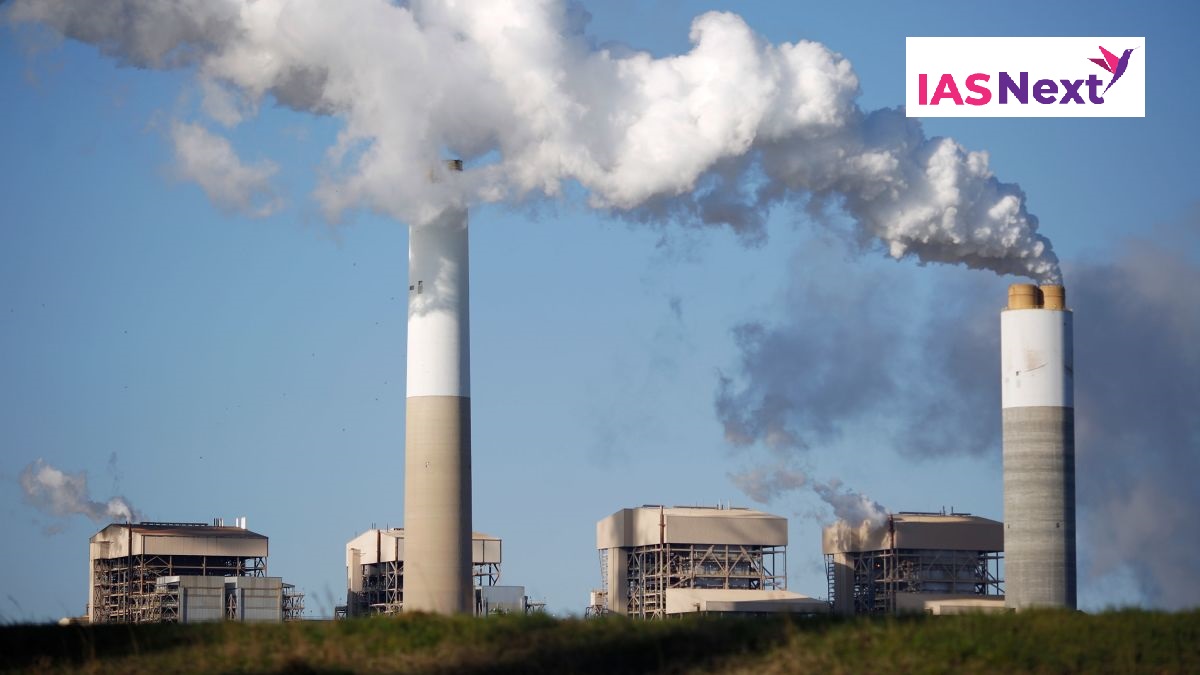CURRENT AFFAIRS
Get the most updated and recent current affair content on Padhaikaro.com
Mercury Pollution
- IAS NEXT, Lucknow
- 25, Mar 2022

Reference News:-
Consensus is building among various stakeholders meeting in Bali, Indonesia, to adopt a non-binding declaration that will enhance international cooperation and coordination for combating illegal trade in mercury, a major pollutant globally.
- The Government of Indonesia as well as the United Nations have sought support and commitment from parties to the Minamata Convention for a Bali Declaration on combating Global Illegal Trade of Mercury.
The non-binding declaration calls upon parties to:
- Develop practical tools and notification and information-sharing systems for monitoring and managing trade in mercury.
- Exchange experiences and practices relating to combating illegal trade in mercury, including reducing the use of mercury in artisanal and small-scale gold mining.
- Share examples of national legislation and data and information related to such trade.
Basics- about Mercury:
Sources: Mercury is a naturally occurring element that is found in air, water and soil. Released into the atmosphere through natural processes such as weathering of rocks, volcanic eruptions, geothermal activities, forest fires, etc. Mercury is also released through human activities.
- Mercury may have toxic effects on the nervous, digestive and immune systems, and on lungs, kidneys, skin and eyes.
- Chemical of major public health concern- Mercury is considered by the World Health Organisation (WHO) as one of the top ten chemicals or groups of chemicals of major public health concern.
- Minamata Disease: A disorder caused by methylmercury poisoning that was first described in the inhabitants of Minamata Bay, Japan and resulted from their eating fish contaminated with mercury industrial waste.
About the Minamata Convention:
- The Minamata Convention on Mercury is a global treaty to protect human health and the environment from the adverse effects of mercury and its compounds.
- It was agreed at the fifth session of the Intergovernmental Negotiating Committee in Geneva, Switzerland 2013. It entered into force in 2017.
- Controlling the anthropogenic releases of mercury throughout its lifecycle is one of the key obligations under the Convention.
- It is a UN treaty.
- The Convention also addresses interim storage of mercury and its disposal once it becomes waste, sites contaminated by mercury as well as health issues.
- India has ratified the Convention.